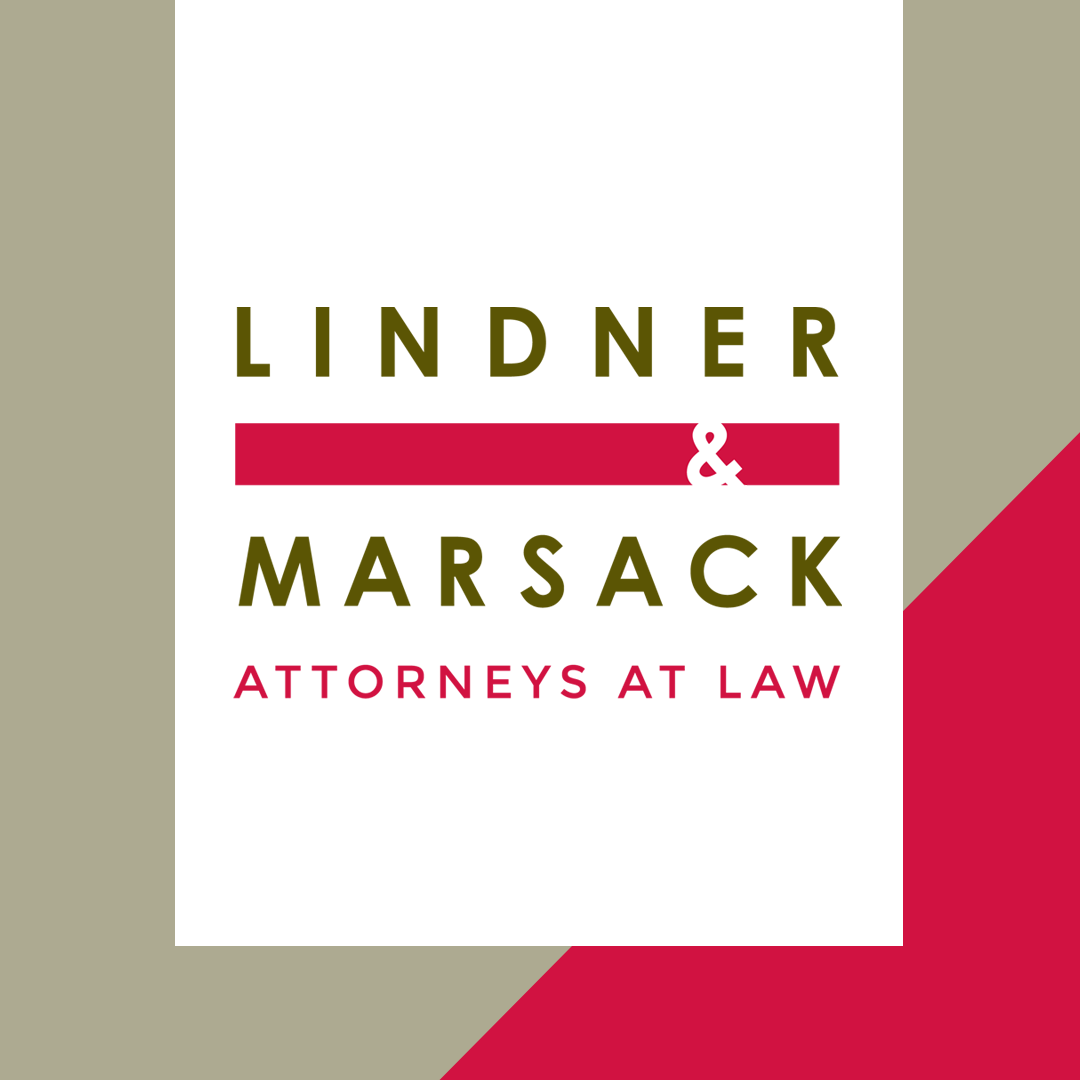By Attorney Kristofor Hanson In its August 25, 2023, decision, the National Labor Relations Board (“NLRB” or “Board”) paved the way for a union to represent employees without a formal vote. Cemex Construction Materials Pacific, LLC, 372 NLRB No. 130. The case involved Cemex, a multinational construction materials company, and the Teamsters, who were seeking […]

